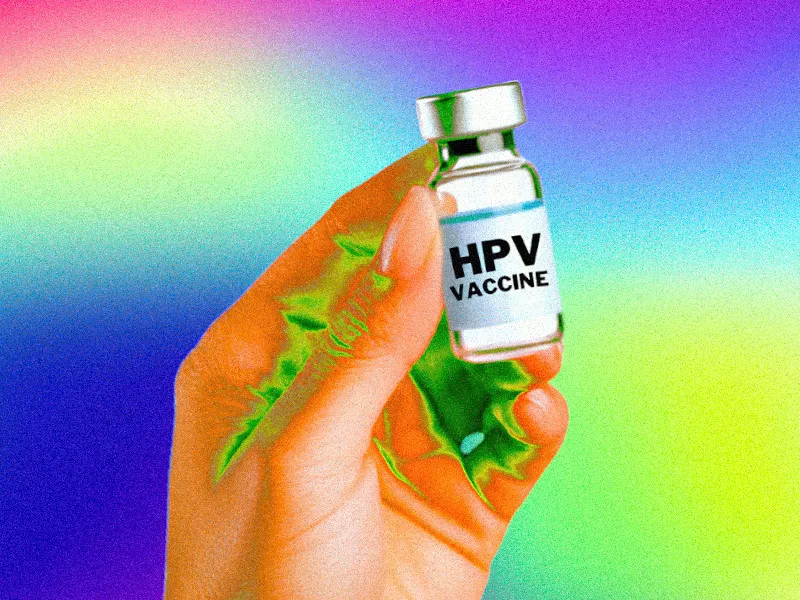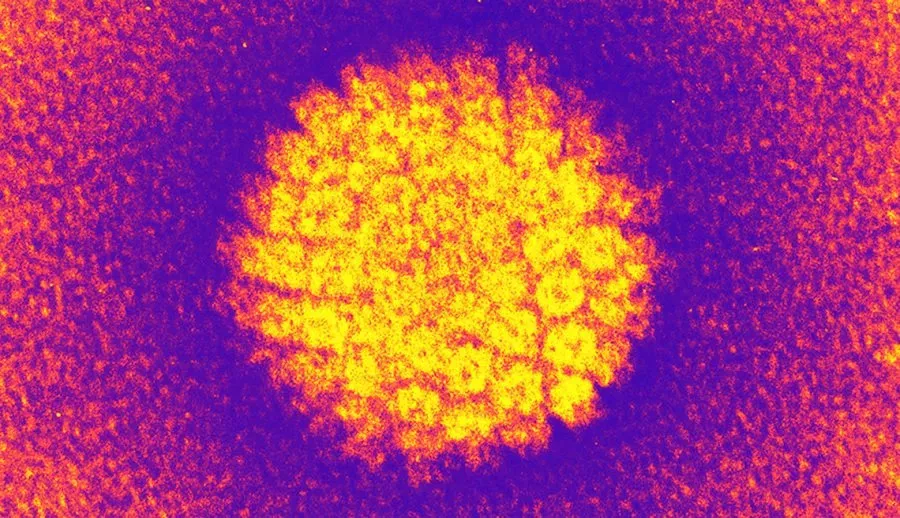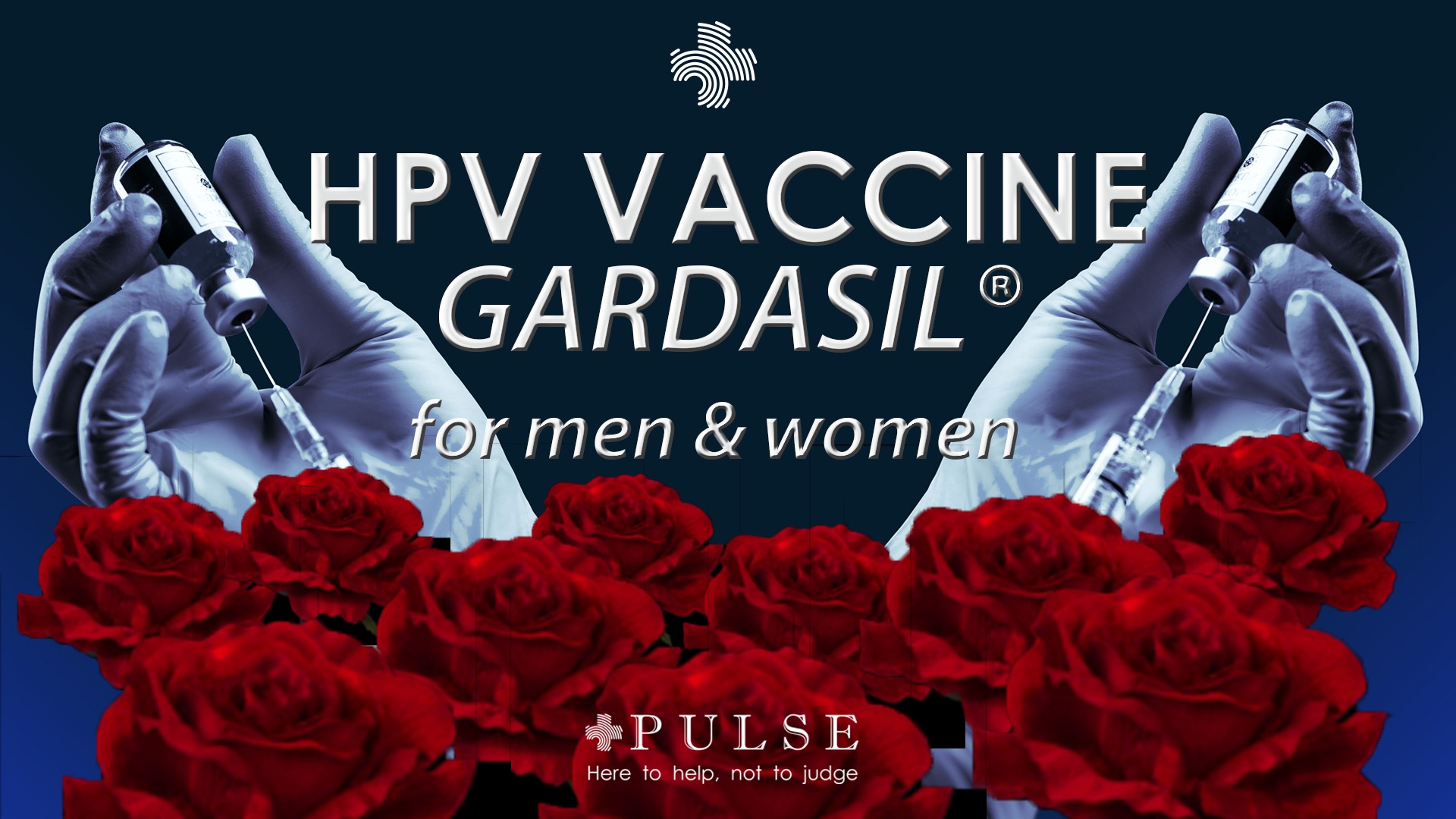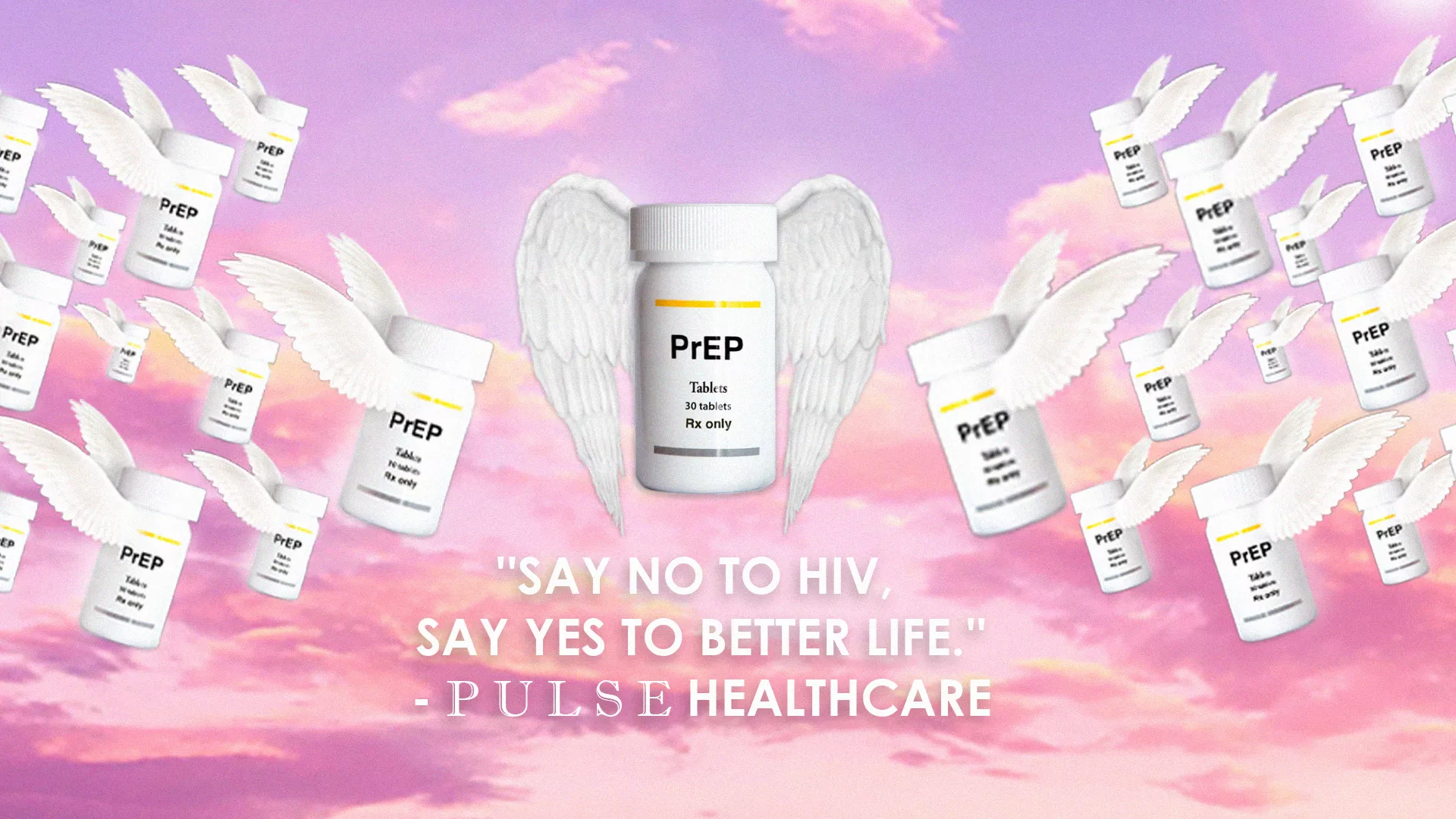6 Reasons Why PrEP Users Should Get HPV Vaccinations
2507
PrEP users should get the HPV vaccine to reduce cancer risk and boost overall sexual health protection.

6 Reasons Why PrEP Users Should Get HPV Vaccinations
Human Papillomavirus (HPV) is one of the most common sexually transmitted infections (STIs) worldwide, with over 200 types of the virus, some of which are high-risk and can lead to cancers such as cervical, anal, and throat cancer. Fortunately, there is a vaccine available that can prevent the most harmful strains of HPV. For people who are at higher risk of contracting HPV, like those taking Pre-Exposure Prophylaxis (PrEP), getting vaccinated can provide a valuable layer of protection. Here’s why PrEP users should prioritize getting the HPV vaccine.
1. Increased Risk of HPV Exposure in PrEP Users
PrEP is most commonly prescribed to people at higher risk of HIV exposure, such as men who have sex with men (MSM), transgenders, and people with HIV-positive partners. Many of these individuals are also at an elevated risk of contracting other sexually transmitted infections, including HPV.
Sexual behaviors associated with higher HIV risk—such as having multiple sexual partners or engaging in unprotected anal sex—also increase the likelihood of exposure to HPV. While PrEP effectively reduces the risk of HIV transmission, it does not protect against other STIs, including HPV. The HPV vaccine, however, offers an additional protective measure against the virus.
2. The Impact of HPV on Sexual Health
HPV can cause a range of health issues, from genital warts to more severe conditions like anal, cervical, and throat cancers. For men who have sex with men and people living with HIV, the risk of developing HPV-related cancers is much higher. Research shows that people in these groups are more likely to have persistent HPV infections, which are more likely to progress to cancer.
The HPV vaccine effectively prevents infection with the virus strains most commonly associated with these cancers. Getting vaccinated can reduce the risk of these severe health outcomes, offering long-term protection against the development of HPV-related cancers.
3. The Benefits of Early Vaccination
The HPV vaccine is most effective when given before any exposure to the virus, ideally before a person becomes sexually active. However, even after exposure, the vaccine can still help prevent new infections and reduce the risk of developing cancer. For PrEP users, particularly those who may already be sexually active, vaccination can still be a valuable tool in protecting against HPV strains they haven’t been exposed to yet.
The vaccine is recommended for people up to 26, but it can also be offered to people between 27 and 45 years old, depending on their specific risk factors. Since PrEP users are often younger individuals who may have multiple sexual partners or engage in high-risk sexual practices, they fall within the ideal age range to receive the vaccine and benefit from its protective effects.
HPV VACCINE (Gardasil®) AT PULSE CLINIC BANGKOK
| HPV Vaccine 9 Types (Gardasil 9) | Dosage | Price |
| 1 Single Dose | 9400 THB | |
| A Complete Course of 3 Doses | 28200 THB 26000 THB |
| HPV Vaccine 4 Types (Gardasil 4) | Dosage | Price |
| 1 Single Dose | 3600 THB | |
| A Complete Course of 3 Doses | 10800 THB 10000 THB |
Book Your HPV Vaccination Today!
For any inquiries about getting HPV vaccines at PULSE Clinic, please contact info.bkk@pulse-clinic.com or any of the following platforms
![]() +66 65 237 1936
+66 65 237 1936  @PULSEClinic
@PULSEClinic ![]() PulseClinic
PulseClinic
Trust PULSE CLINIC to take care of your health like other 45000 people from over 130 countries. We provide discreet professional service with high privacy. Here to help, not to judge.
4. Complementing PrEP for Comprehensive Sexual Health Protection
While PrEP is an essential method in preventing HIV, it does not offer protection against other STIs, including HPV. Therefore, PrEP users need to take additional steps to protect their sexual health. Along with regular HIV testing and consistent use of condoms, the HPV vaccine can provide an extra layer of defense against this common STI.
The vaccine can help ensure that PrEP users have a more comprehensive approach to sexual health, especially given that HPV is so widespread and often asymptomatic. By vaccinating against HPV, PrEP users can significantly reduce their risk of contracting high-risk strains of the virus and developing cancer over time.
5. Safe and Well-Tolerated
The HPV vaccine has been extensively tested for safety and efficacy, and it is recommended by health organizations like the Centers for Disease Control and Prevention (CDC) and the World Health Organization (WHO). The vaccine is generally well-tolerated, with side effects typically limited to mild reactions such as soreness at the injection site or a low-grade fever.
For those already taking PrEP, adding the HPV vaccine to their health regimen is a simple and safe way to boost their sexual health protection. Given the long-term benefits of preventing HPV-related cancers and infections, the vaccine offers a low-risk, high-reward opportunity.
6. A Lifesaving Preventive Measure
Cervical cancer, anal cancer, and other cancers linked to HPV are preventable through vaccination. By adding the HPV vaccine to the preventive health measures available to PrEP users, you can significantly lower the chances of developing life-threatening cancers later in life. Given the increased likelihood of HPV exposure in people using PrEP, vaccination can be a lifesaving preventive measure.
Conclusion
For individuals taking PrEP, the HPV vaccine represents an essential addition to their sexual health care. While PrEP is incredibly effective in preventing HIV, it does not guard against HPV or its associated cancers. Vaccinating against HPV can significantly reduce the risk of developing serious health issues down the line and offers peace of mind in maintaining a comprehensive approach to sexual well-being. By getting the HPV vaccine, PrEP users can ensure they are not only protecting themselves from HIV but also from the potentially devastating effects of HPV.
Book Your HPV Vaccination Today!
For any inquiries about getting HPV vaccines at PULSE Clinic, please contact info.bkk@pulse-clinic.com or any of the following platforms
![]() +66 65 237 1936
+66 65 237 1936  @PULSEClinic
@PULSEClinic ![]() PulseClinic
PulseClinic
Trust PULSE CLINIC to take care of your health like other 45000 people from over 130 countries. We provide discreet professional service with high privacy. Here to help, not to judge.
Loading...
Clinic Locations
Loading...












